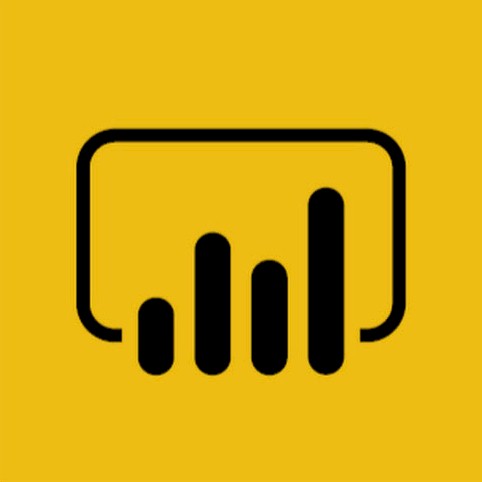
I’m excited to announce the availablity of a brand new Enterprise Data & Analytics course titled Power BI: Implementing the Other 90% by Eugene Meidinger (@SQLGene | SqlGene.com)!
Abstract
One of the things Eugene Meidinger found frustrating when he first learned Power BI was all of the behind-the-scenes configuration required to bring Power BI to the enterprise. It was easy to find information about charts and graphs, but difficult to learn about how all the moving parts fit together.
This course focuses on two main areas: data wrangling and administration.
Session 1: Database Theory
When creating a model, it is important to know Power BI is optimized for star schema in particular and filtering/aggregating in general. Within Power BI lies a columnar database that has really good compression. This means Power BI’s model can handle a certain amount of flattening/denormalizing gracefully.
Business users are Power BI’s target demographic. We begin our exploration of Power BI with a review of database fundamentals for business users, covering topics such as:
- Primary keys
- Normalization
- Star schema
Power BI offers two data manipulation languages:
- Power Query (M)
- DAX
- (3 languages if you include R!)
Session 2: Power Query (M)
Power Query is designed for business users. It started as an Excel add-in to assist users familiar with the Excel formula bar. One result: Power Query surfaces an intuitive graphical user itnerface (GUI), but behind the scenes M syntax is generated.
In this session, Eugene discusses and demonstrates tips and tricks for using Power Query to clean and prepare data.
Session 3: DAX
To model and add context to data Power BI users apply DAX. DAX appears deceptively simple, very similar to Excel formulas – but DAX requires thinking in terms of columns and filters, not in terms of rows.
In this session, Eugene scales some of the steeper slopes of the DAX language learning curve.
Session 4: Data Gateways
Many enterprises practice hybrid data management in which some data and services reside in the cloud while other data and services reside on-premises. Data gateways are a way to bridge the Power BI service (in the cloud) with on-premises data.
in this session, Eugene discusses and demonstrates Data Gaterway installation and configuration. Topics include:
- Scheduling data refreshes
- Alternative query methods
- DirectQuery
Eugene authored a Pluralsight course related to this session: Leveraging Timely On-premises Data with Power BI.
Session 5: Licensing and Deployment
In this session, Eugene compares and contrasts Power BI licensing scenarios, including:
- Power BI Pro
- Power BI Reporting Server
- Power BI Premium
Because it can be difficult to keep up with all of the options, Eugene discusses and demonstrates several ways to deploy Power BI dashboards:
- Personal workspaces
- App Workspaces
- Organizational content packs
- Publish to web
- Sharepoint
- Power BI Premium
- Power BI Embedded
- Power BI report server
Session 6: Security and Auditing
Securing Power BI and the data it surfaces is no longer optional.
In this session, Eugene discusses and demonstrates:
- Data access management
- Report access
- Sharing configuration
- Row-level security in Power BI and SSAS
- Auditing via:
- Unified Audit log for Office 365
- PowerShell
- Data Gateway configuration
Conclusion
In conclusion, Eugene says, “Overall I’m pretty proud of the contents. This is the kind of course I wish I had been able to attend 3 years ago.”
About Eugene
Starting out as an accidental DBA and developer, Eugene Meidinger now focuses primarily on BI consulting. He is a Pluralsight course author who has been working with seven years’ SQL Server experience. Eugene holds SQL Server certifications and regularly presents at community events including SQL Saturdays and his local user group.
His current focus is Power BI and related areas.

Comments